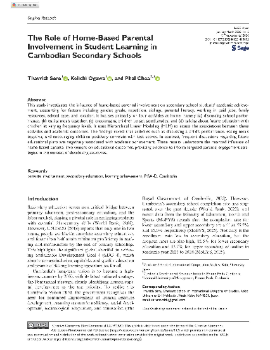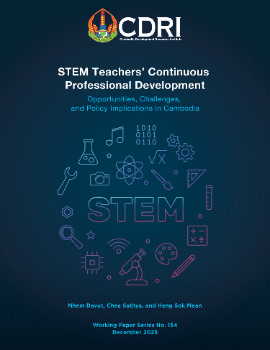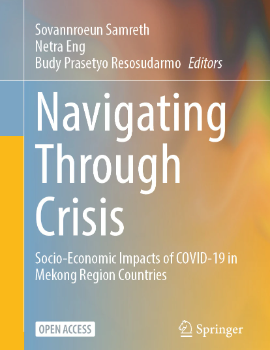
Negotiating Family and Personal Aspirations: Four Young Cambodian Women Reflecting on Choosing a Major
Keyword: Higher education choices, parental guidance and influence, women’s aspirations, filial obligations, gender and educational pathways
Abstract/Summary
This qualitative study explores how four young Cambodian women navigated the decision-making process of choosing a university major, focusing on the influence of parental guidance and familial expectations. Drawing on in-depth interviews conducted as part of a broader anthropological dissertation, the paper examines how these women—Kravann, Samedy, Sophal, and Pheara—balanced personal aspirations with their roles as daughters within Cambodian cultural norms. The study identifies two key patterns: some women relied heavily on parental guidance, while others used it as a starting point for independent exploration. The findings highlight how gender norms, filial obligations, and socioeconomic background shape young women’s educational choices. While all participants sought stable, well-paid careers to support their families, their approaches to parental input varied, reflecting broader shifts in intergenerational dynamics. The paper argues that young women are actively renegotiating traditional expectations, signaling evolving notions of Cambodian femininity and adulthood. Recommendations include improving access to accurate information about university majors and careers, and developing mentorship resources—especially for students from marginalized backgrounds—to support informed decision-making. These insights contribute to understanding how young women in Cambodia are shaping their futures amid changing social landscapes.



